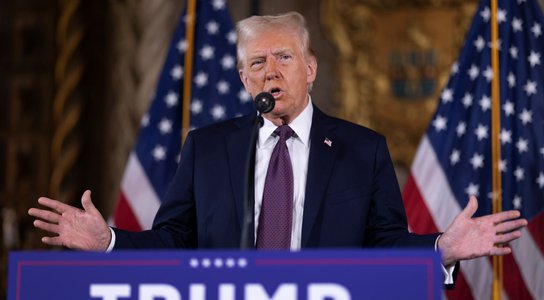
Speaking at an energy industry event in London last week, United States government officials and oil company executives expressed hesitancy about the future of crude flows via the Caspian Pipeline Consortium (CPC) route, which carries Kazakh and Russian oil from the Caspian Sea to a Russian Black Sea port for export.
ExxonMobil owns a 7.5% stake in the pipeline via an affiliate, along with 25% and 16.81% respectively of the Tengiz and Kashagan oil fields in Kazakhstan.
Asked by Global Witness about the future of the pipeline, Liam Mallon, President of Exxon’s upstream business, said that the company was looking for “flexibility” in how it brings its oil to market, and – as with Exxon’s other Russian interests – would have to “make decisions about whether returning makes sense or not”.
Discussing CPC in the context of a proposed G7 price cap on Russian oil exports, Ben Harris, Assistant Secretary for Economic Policy at the US Treasury, also sounded a note of caution:
“When we think of the CPC, one big issue – one technical issue – is around blending and how to treat blended product, and I will say that there are four or five technical issues which we, the G7, still need to work out.”
Mr. Harris, speaking on a panel at the Energy Intelligence Forum on Wednesday morning, said that the shape of a solution “remains to be seen”, but that a resolution was expected in “the next few weeks”.
In conjunction with the onshore Karachaganak development, the Tengiz and Kashagan fields make up the bulk of the oil supplied through the CPC pipeline. However, recent maintenance work – combined with a search for alternative routes – has decreased flow volumes, pushing the proportion of Russian-origin product in a barrel of ‘CPC Blend’ oil up to around 13%.
“We’re very fortunate to have an outstanding partner in Chevron, leading the influence strategy - Liam Mallon, President, ExxonMobil Upstream
Speaking on Tuesday afternoon, Mr. Mallon acknowledged that Exxon is in a “minute-by-minute, day-by-day" discussions over the future of its business in Russia, and appeared to reveal that the company’s partner, Chevron, has been leading a lobbying effort to keep CPC pipeline oil flowing.
“We’re very fortunate to have an outstanding partner in Chevron, leading the influence strategy along with us and partners in the Kashagan [oil field]”, Mr. Mallon said. “We’re playing a significant role in making sure that [the pipeline] is understood.” Chevron owns a 50% stake in the Tengiz field.
Chevron did not respond to a request for comment from Global Witness.
Russian oil enters the CPC system from Lukoil’s offshore Filanovsky field, in the Russian section of the Caspian Sea, and via rail from small fields in southern Russia. In July, Global Witness exposed a Russian producer exporting via the CPC system with connections to the sanctioned oligarch and former Chelsea FC owner Roman Abramovich.
When shipped from the Russian port of Novorossiysk, individual CPC cargoes carry either a Kazakh or a Russian certificate of origin, with the volumes exported supposed to match the volumes injected into the system by producers in each country. But the continued operation of the pipeline keeps open an export route for oil, while leaving Russian president Vladimir Putin with an important geopolitical bargaining chip.
Analysts have suggested that a series of apparent accidents involving the CPC pipeline since Russia’s full-scale invasion of Ukraine – including weather damage and unscheduled environmental inspections – may be partly attributable to interference by the Russian state.


